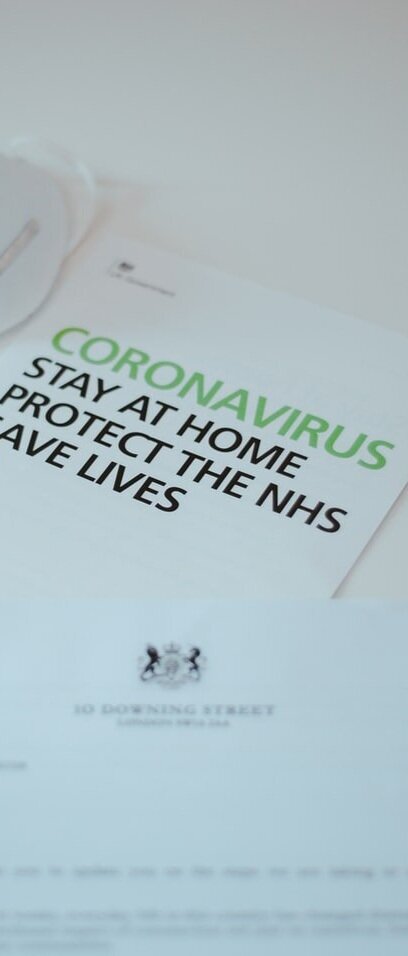The Covid-19 Translation Challenge: How Overlooked Languages Impact Us All
There is no language whose speakers are immune to Coronavirus, and language barriers are not effective in stopping infection.
Making vital information on combating the virus available in all world languages is a necessary global effort between medical and linguistic experts that benefits all of us.
For the first time in history during a pandemic, we have an understanding of disease and hygiene, and the ability to share this information near-instantly across the globe, allowing us to reduce the spread while we wait for a vaccine. Now months into the pandemic, we are starting to see the benefits of the measures we have taken to protect ourselves and our loved ones. We are beginning to see the light at the end of the tunnel and a return to ‘normal’ – all because we have known how to stop the spread of the virus. If we didn't have this information, where would we be? Unfortunately, not everyone in the world, nor even in the UK, is in the same fortunate position as us – which puts all of us at risk.
Medical translation has played a fantastic part on the frontline during the pandemic, with translators helping doctors and nurses communicate with patients and families, providing essential advice and support. However, in order for translators’ skills to have the best effect in combating Coronavirus, our aims and goals need to be in line with the NHS and the government: stopping the spread of the virus.
This relies on every one of us adhering to social distancing and hygiene measures, which will only work when all of us can understand what is needed. Translating Coronavirus advice into all languages and making it publicly available allows people across the world to take the right steps and stop the virus in its tracks.
Currently, the main NHS website has information on Coronavirus in English only. The NHS Inform website also provides information in 10 additional languages as well as BSL, audio and easy-read formats. For accessing their health resources in other languages, they recommend using an online translator. However, Google Translate cannot be expected to provide translations that are sufficiently reliable to risk your health on. What’s more, it only supports 109 languages – there are over 6,500 languages spoken in the world today.
Translating life-impacting medical advice into as many world languages as possible is vital for success in the fight against Coronavirus. There are a number of translation initiatives helping to create comprehensive information sources on the virus in as many languages as possible. The World Health Organisation has been working with Translators Without Borders to offer key information in 97 languages so far, while Doctors of the World translates NHS guidance into 60 languages. This is an ongoing effort that requires continuous work to keep speakers of languages other than English informed.
At Talking Heads, we firmly believe that no language should be left behind. Should you need Coronavirus-related information translated into a language not currently covered, we’ll be happy to help. We have an 11,000-strong worldwide pool of linguists that includes native speakers of every language in the world. Simply get in touch with us today.

